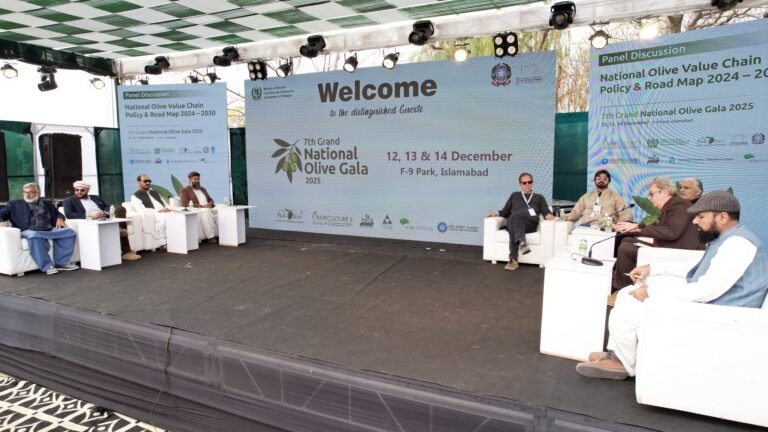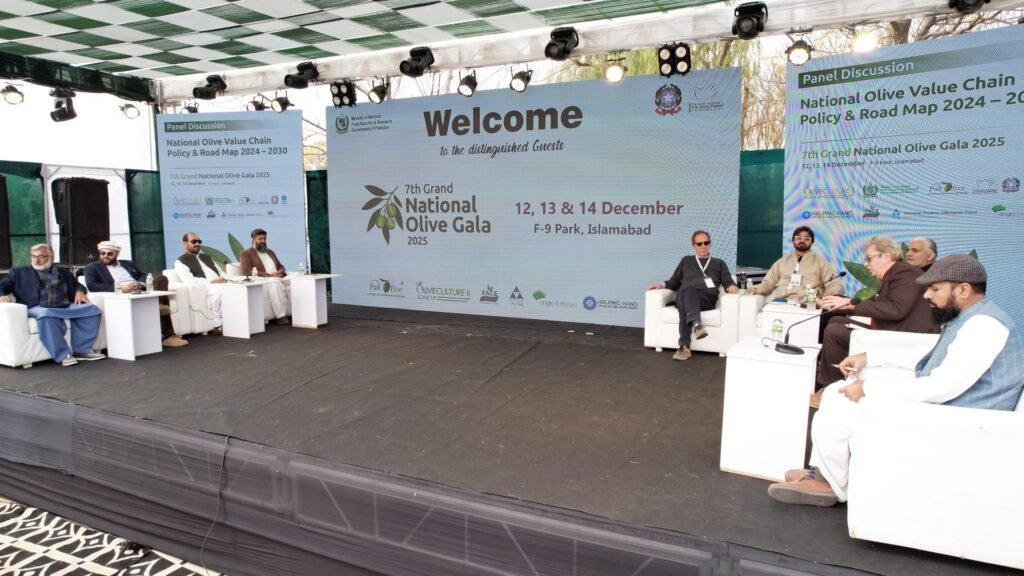The Federal Budget 2025-26 introduces significant overhauls to Pakistan’s taxation landscape. It sharply focuses on broadening the tax net and documenting the economy. Among the most impactful changes are those targeting withholding tax and property tax, directly affecting individuals, businesses, and the real estate sector. These measures reflect the government’s commitment to fiscal discipline and discouraging informal transactions. Understanding these reforms becomes crucial for anyone engaged in financial activities or property dealings within Pakistan.
Comprehensive Withholding Tax Adjustments
The budget brought a wave of changes to various withholding tax (WHT) provisions. These aim to enhance revenue collection and ensure broader compliance across economic activities.
New Rules for Property Transactions
The most significant WHT adjustments concern property transactions. For buyers of immovable property, the advance tax rates under Section 236K of the Income Tax Ordinance, 2001, now stand revised. The new proposed rates are progressive. Properties with a fair market value up to Rs 50 million will incur a 1.5% rate. Values exceeding Rs 50 million but not surpassing Rs 100 million face a 2% rate. Properties valued above Rs 100 million are subject to 2.5%. This structure aims to tax higher-value transactions more effectively. Conversely, for sellers of immovable property, WHT rates under Section 236C have increased. These now stand at 4.5%, 5%, and 5.5% for corresponding value slabs. This ensures tax collection at the point of sale.
Stricter Measures for Non-Filers
Non-filers of income tax returns now face increasingly stringent restrictions. The advance tax on cash withdrawals for non-filers increased from 0.6% to 1%. More notably, the budget explicitly bars non-filers from engaging in several high-value economic transactions. This includes purchasing motor vehicles, immovable property, and investing in securities or mutual funds. Furthermore, authorities may prohibit non-filers from opening certain bank accounts. These aggressive steps compel individuals and entities to join the formal tax net.
Other Key Withholding Tax Changes
Beyond property, several other WHT rates saw revisions. The withholding tax rate on profit on debt payments increased from 15% to 20%. This change, however, does not apply to National Savings Schemes. General WHT rates for services rendered enhanced from 11% to 15%. For specified services, rates rose from 4% to 6% or 8%. IT and IT-enabled services typically serve as an exception to these increases. These changes underscore a broader expansion of the WHT regime across various economic activities.
Significant Property Tax Reforms
Complementing the WHT changes, the budget introduces key reforms. These reforms aim to stimulate the real estate sector and reduce transaction costs, thereby promoting economic activity.
Federal Excise Duty Abolition and Stamp Duty Reduction
A major relief for the property market involves the abolition of the 3% Federal Excise Duty (FED). This applies to the transfer of both residential and commercial properties, effective July 1, 2025. This move significantly reduces the overall cost of property transactions. Additionally, authorities notably slashed the stamp duty for property purchases in Islamabad from 4% to 1%. This reduction makes real estate investments in the capital more attractive. These measures are widely expected to boost activity and enhance transparency within the sector.
Tax Credits for Home Acquisition
To promote homeownership, the government re-introduced a tax credit on profit on debt. This credit applies to loans obtained for the construction or acquisition of a house. This measure aims to encourage mortgage financing. It also seeks to make housing more accessible for a broader segment of the population, particularly for first-time homebuyers. These incentives clearly signal the government’s intent to formalize and stimulate the housing market.
Reinforced Enforcement and Documentation Drive
The changes in withholding tax and property tax integrate into the Federal Board of Revenue’s (FBR) enhanced enforcement capabilities. The FBR now holds expanded authority to block transactions of non-filers. It can also utilize AI-based audits for scrutinizing property, retail, and wholesale sectors. This robust approach aims to curb the undocumented economy. It will also improve tax compliance and ultimately increase the country’s tax-to-GDP ratio. The government sends a clear message: participation in the formal economy is no longer optional.
In conclusion, the Budget 2025-26 introduces a pivotal shift in Pakistan’s tax regime. This particularly concerns withholding tax and property tax. While offering relief through reduced WHT for property buyers and the abolition of FED on transfers, it simultaneously imposes stricter conditions on non-filers. It also increases taxes on property sellers and certain other transactions. These measures aim to enhance revenue generation. They also push the economy towards greater documentation and transparency, impacting how property is bought, sold, and transacted in the coming fiscal year.
For more news and updates, please visit PFM Today.















